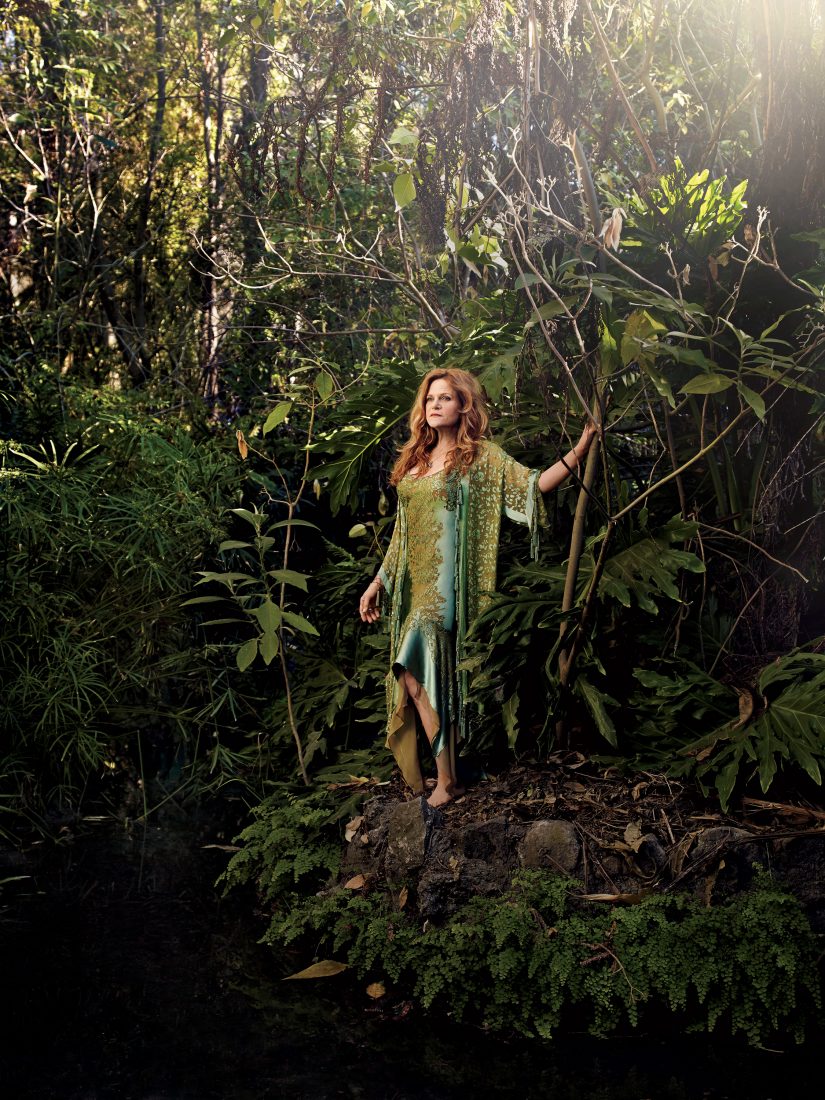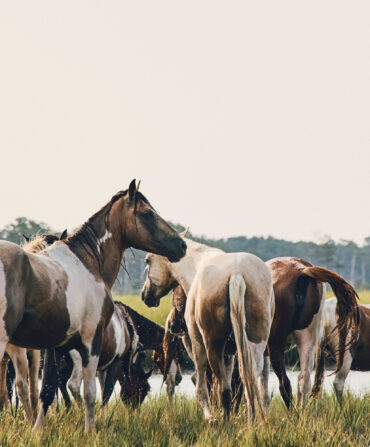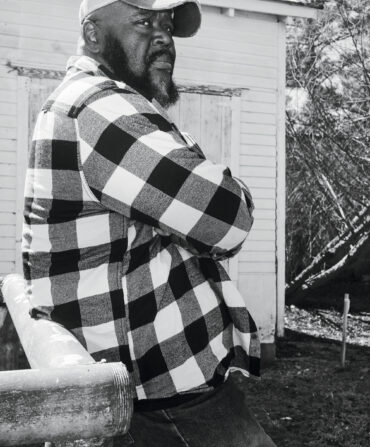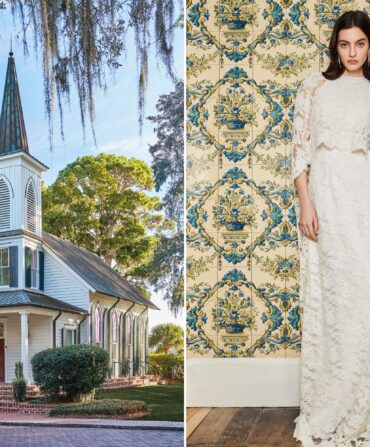Arts & Culture
The Southern A-List: Dale Dickey
Talking shop with Hollywood’s reigning queen of Southern gothic

Photo: Art Streiber
Dale Dickey has made a career playing hard-bitten, menacing women, an irony she delights in, given that she started out in theater wanting to be a song-and-dance gal. For her indelible roles on, to name a very few, True Blood, Breaking Bad, and this season’s Justified, as well as her award-winning turn as the chilling matriarch in Winter’s Bone, Dickey credits “the chin, always the chin.” In truth, it is Dickey’s grit, fire, and palpable will that enable her to turn what could be one-note caricatures into fully realized, walking, talking tragic histories. “At fifty-two,” she says, “I’m finally learning to trust myself a little more and not feel like an idiot.” We should all be so stupid.
You remain very connected to your hometown of Knoxville, Tennessee.
I have that mountain girl in me. When we were kids, my dad would literally take us out of school to hike and camp overnight on Mount LeConte. I have dreams about that summit. I’m hiking in the dark, but I know my way there.
It sounds like you miss the South.
I do. The hardest thing is being so far from my family. When I come home, there are so many ghosts, memories of my older sister, who passed away in 2001. I’ve been gone thirty years. I don’t want to grow old in California. Even though I guess I am old. [Laughs.] But I envision myself back in the Southeast, living in a little cabin somewhere with a rocking chair. I used to say, when L.A. is done with me, I’m going to go hit Dolly Parton up for a job at Dollywood. I can be the old Appalachian woman without Botox. I can sing and I can churn butter.
You’ve had more than thirty film and television appearances in just the past three years. L.A. seems far from done with you.
It was twenty-seven years before I made a living as an actress. I cleaned toilets. I parked cars. I dressed up as Barney. Early on in New York, I was struggling. I couldn’t get an agent, and I took a workshop. At the time, I refused to do Southern pieces. I didn’t want to be typecast, and the man running the workshop said, “No! You want to be typecast. Then you show them what else you can do.” He taught me that people want to see your essence. And to me, that is all Southern. Once I started embracing that, I started getting work.
How many varieties of Southern have you played?
Soooo many. It’s easy because it speaks the most naturally to me. The rhythms are there. I tend to play a lot of downtrodden, other-side-of-the-law types—the homeless, addicts, gas station attendants, hookers. I have to find the humanity and empathy buried beneath. I don’t know what it is inside me, but I can relate to all these people. It’s that old To Kill a Mockingbird thing. You never know someone until you step into their shoes.
Given the roles you’ve gotten, was it hard letting go of vanity?
Definitely in my early years. I never felt pretty enough. I was always told I would be difficult to cast. From the age of twenty, I was playing people over fifty. My face reads mean and hard. When I did Winter’s Bone, I would meet people after the film at parties and they would say, “Oh, my God!” I was dressed up, I had makeup on. It was as if they’d never seen me before. And I’m like, “I’ve been here for years!” I like being an example to other actresses that you don’t have to be a Barbie.
Who taught you how to tell stories?
As a child I was quiet and I listened. My parents were very social, with all types of people. I remember my Uncle Tom, who wasn’t really an uncle, and he would tell tales about his dog praying in church with him, that sort of thing. In the South, there are always storytellers around. I just recorded an audiobook, Long Man, set in the Appalachian Mountains in the 1930s. There are passages about how the river has formed the characters, and that stuck with me. I think about growing up in the South, how it shapes you. No matter what big city I live in, those touchstones come with me.
When you do come back home now, what’s the first thing you do?
My dad picks me up at the airport and I go to check on my mom. Then I get to Long’s Drug-store for a cheeseburger. As kids we used to walk barefoot from our house to Long’s. I still know the people working there. My mom uses the pharmacy. What can I say? I’m a simple country girl.







